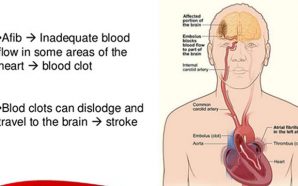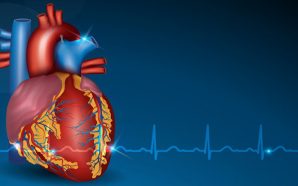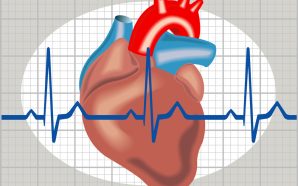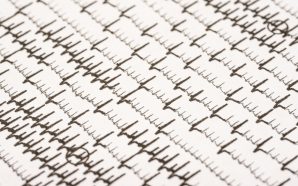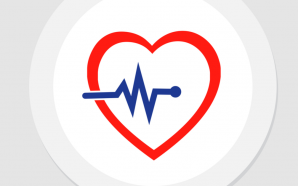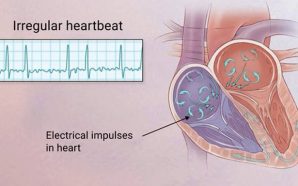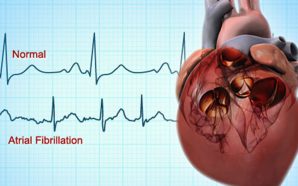-
If you have atrial fibrillation, there is a good chance you will suffer a stroke. Atrial fibrillation is a type of abnormal heart rhythm in which the two upper chambers of the heart contract rapidly and irregularly without fully pumping blood into the lower chambers. Studies into AFIB and...
-
Atrial Fibrillation (or AFIB) is an irregular heartbeat, and the most common heart arrhythmia, affecting over 2.7 million Americans. There is an existing connection between AFib and stroke, with 20% of strokes being attributed to atrial fibrillation. Stroke, which is the number four cause of death in the U.S.,...
-
The prevalence of Atrial Fibrillation is set to increase in the coming decades. Thus, physicians are trying to formulate an action plan to circumvent the growing crisis. But what is the root of the condition?While the exact cause of Atrial Fibrillation remains unknown, the disease is more prevalent in...
-
AFib—known medically as Atrial Fibrillation—is a condition that affects the heart, causing it to beat irregularly. More specifically, the upper chambers of the heart will ‘quiver’ instead of pumping effectively. This is caused by the abnormal firing of electrical impulses. Although not always the case, people suffering from AFib...
-
For a majority of AFib (atrial fibrillation) patients, use of medications is the most effective treatment method. That said, research reveals that most individuals with AFib or heart conditions eventually stop using drugs due to their unwanted side effects or simply convincing themselves that they no longer require medications....
-
is a prescription oral drug typically used to treat high blood pressure. It is also being investigated for use in treating AFib – also known as Atrial fibrillation. Atrial fibrillation is a heart condition that is characterized by an irregular heartbeat. This occurs when the upper chambers of the...
-
In treating atrial fibrillation (AFib), the primary purpose is to correct the rhythm of the heart and circumvent the formation of stroke-causing clots. Using medications is often the most effective method of treatment for AFib patients. For maximum efficacy, familiarize yourself with the type of medications your doctor may...
-
Research shows that thousands of strokes that transpire in the United States are preventable if a larger number of patients with AFib—a condition that affects the rhythm of the heart—were placed on anticoagulants (blood thinners). AFib, also known as atrial fibrillation, is a condition where the individual has an abnormal...
-
For patients with atrial fibrillation (AFib), the primary purpose of all treatment options is to restore the rhythm of the heart to its normal rate and to keep stroke-causing blood clots at bay. Using medications is typically the best and most effective treatment approach for AFib patients. Medications are most...
-
Atrial Fibrillation is a medical condition characterized by irregular, rapid heart rhythm. It primarily affects the atria, which are the two upper chambers of the heart. The arrhythmia, an irregular rhythm, is caused by abnormal electrical impulses in the heart due to a lack of coordination in atrial activity....
-
One of the most common cardiac arrhythmia cases is Atrial Fibrillation (Afib). It is a condition which results in the quivering of the atria instead of them contracting in a coordinated beat. The simplest method to check this is to take a pulse and observe. A regular heartbeat should...
-
Who Is Affected by Afib? Atrial fibrillation, dubbed as Afib, is a heart condition characterized by an irregular or abnormal heartbeat. This condition affects close to 3 million people in the USA and over 1 million in the UK. Approximately 2% of people with atrial fibrillation are between the...




